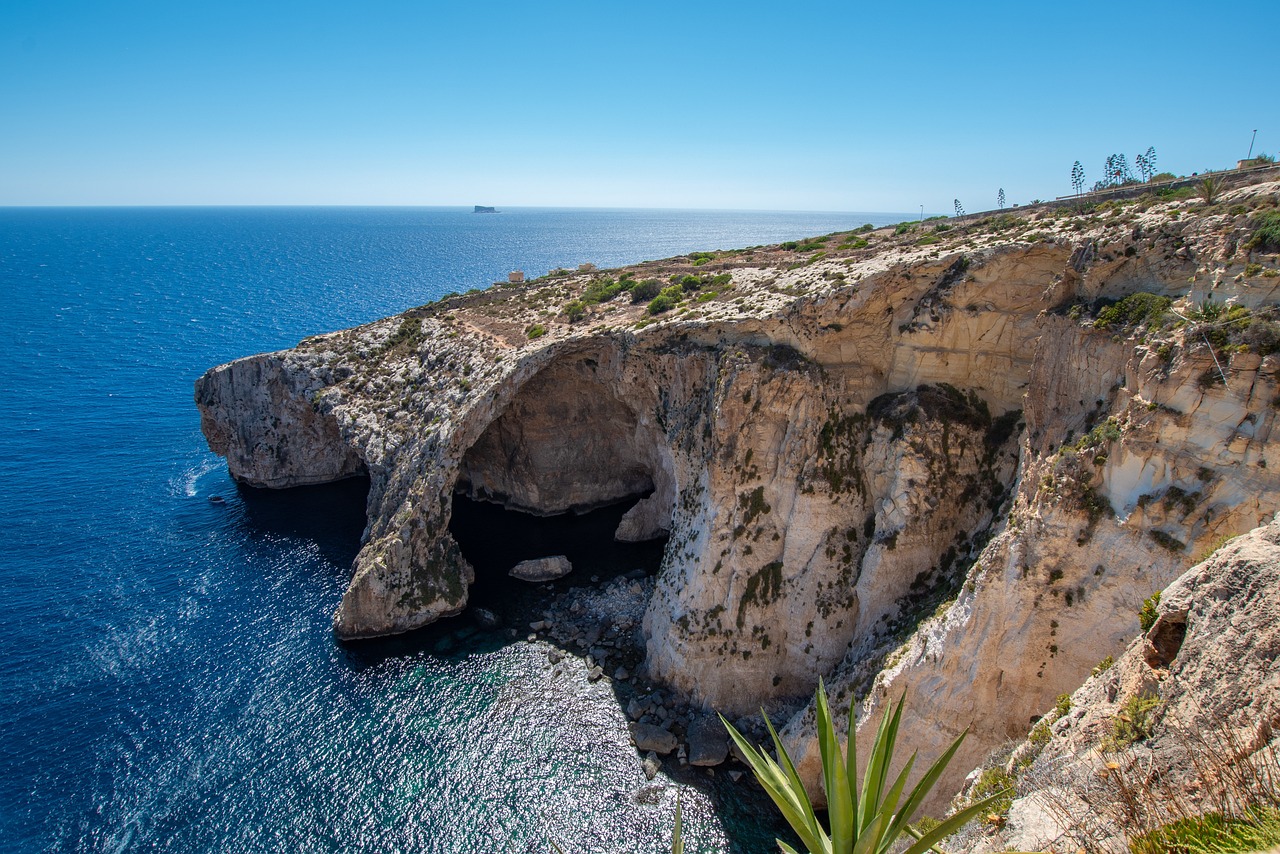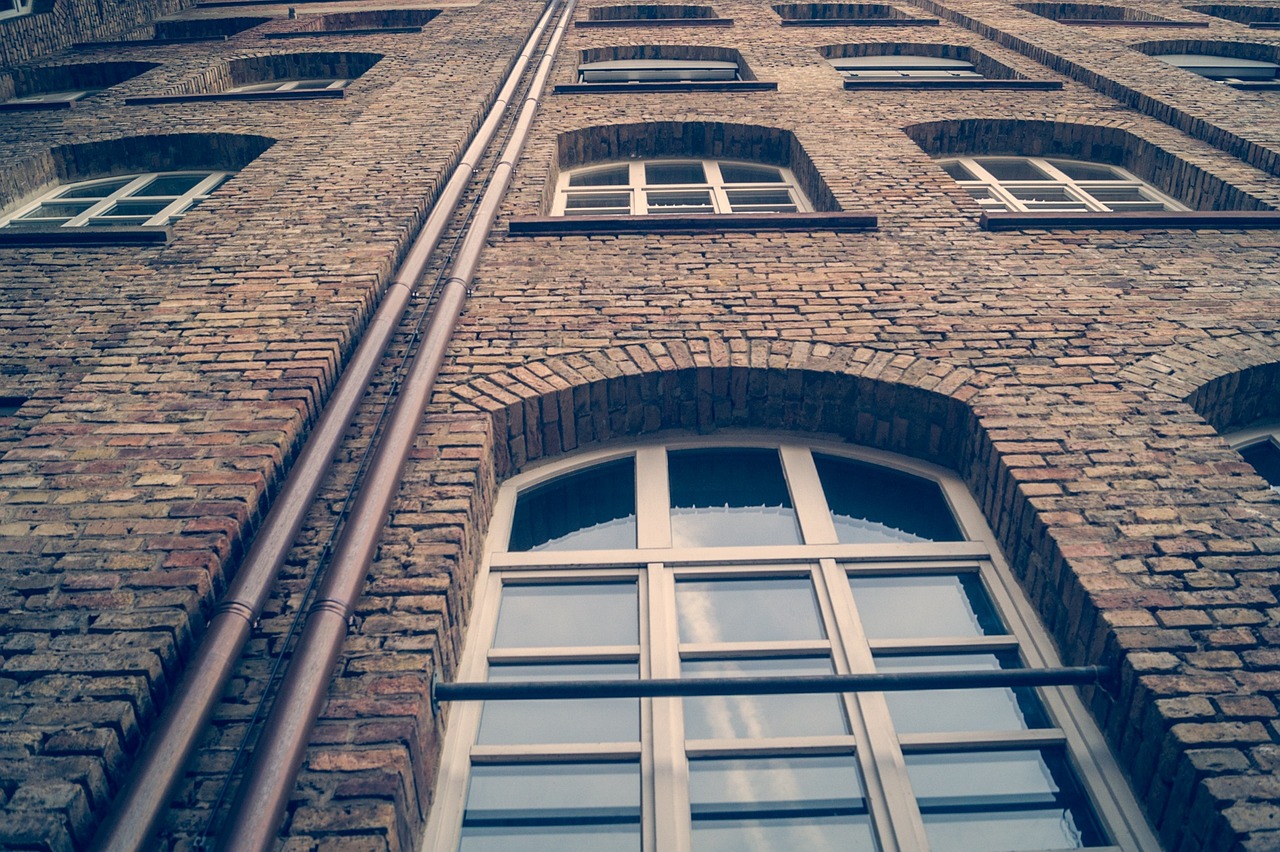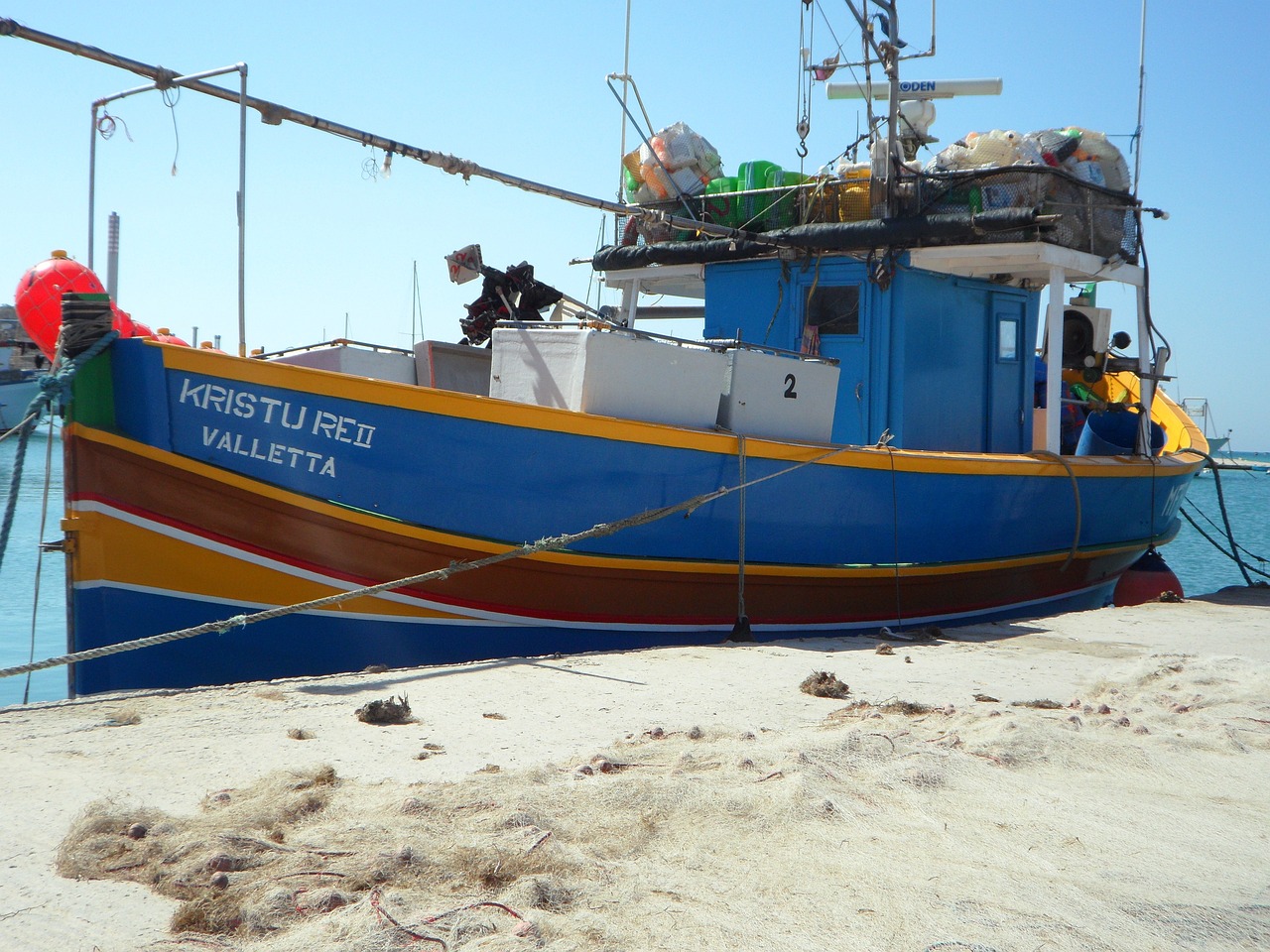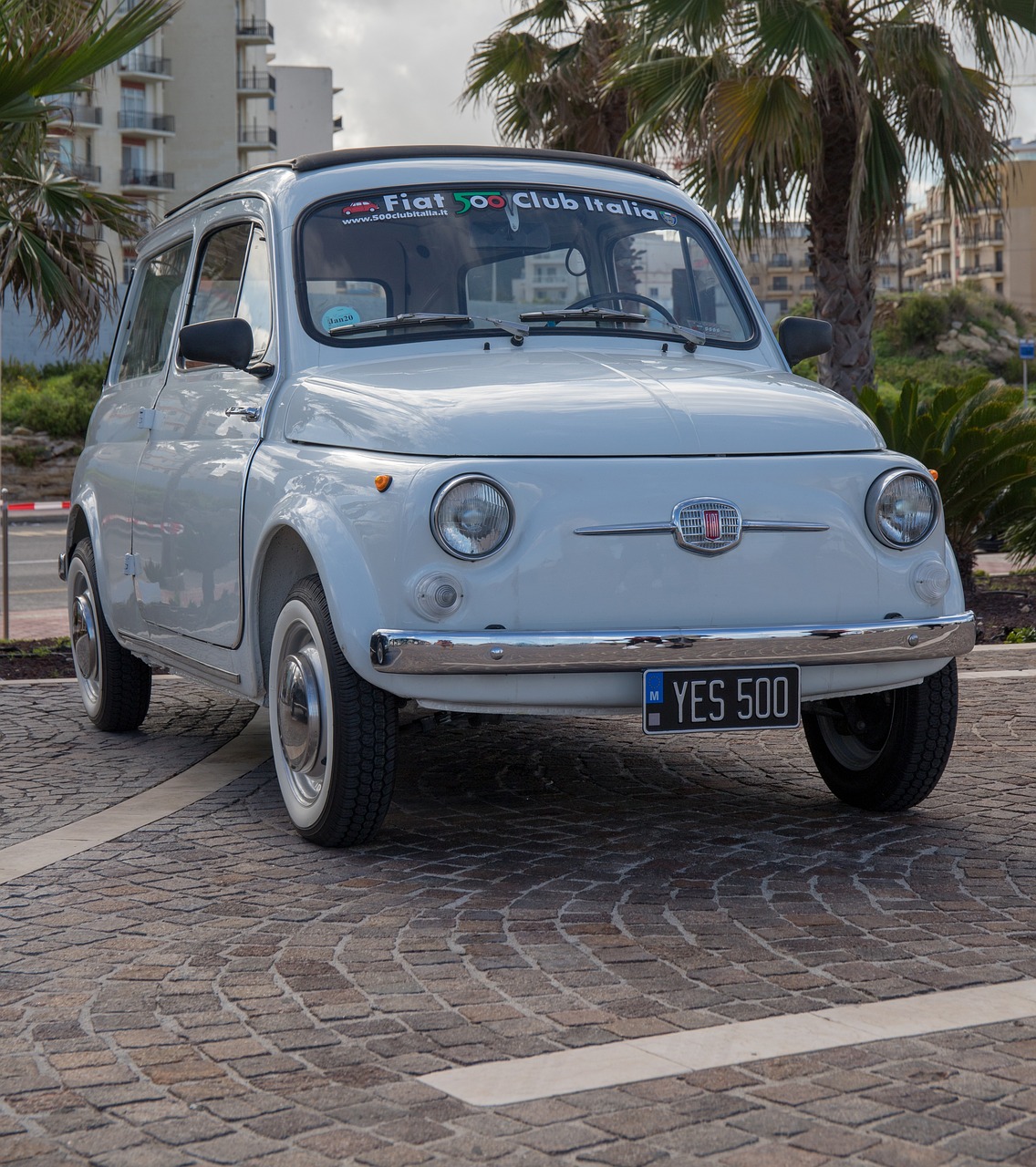Malta Video:
Cultural Sensitivities: Understanding Local Norms in Malta
Section 1: Greetings and Communication
Malta is a country in the Mediterranean known for its rich history and diverse culture. When visiting Malta, it is important to understand the local norms and cultural sensitivities to ensure a positive and respectful experience. One aspect of Maltese culture to be aware of is greetings and communication.
- Greetings: In Malta, greetings are typically warm and friendly. Handshakes are the most common form of greeting, and it is customary to maintain eye contact while greeting someone. Kissing on both cheeks is also common among close friends and family.
- Language: The official languages of Malta are Maltese and English. English is widely spoken and understood, especially in tourist areas. It is recommended to learn a few basic phrases in Maltese, such as “hello” (bonġu) and “thank you” (grazzi), as it is appreciated by the locals.
- Volume and Tone: Maltese people tend to speak loudly and passionately. This does not necessarily indicate anger or aggression but is simply a cultural characteristic. It is important to be mindful of your volume and tone to avoid unintentionally causing offense.
Section 2: Dining Etiquette
Maltese cuisine is a delightful blend of Mediterranean flavors, and dining plays an important role in Maltese culture. Understanding dining etiquette will help you navigate and appreciate the local customs.
- Table Manners: When dining in Malta, it is customary to wait for the host to start the meal before you begin eating. It is considered impolite to start eating before everyone is served. Additionally, it is polite to keep your hands visible on the table while dining.
- Toast and Cheers: In Malta, it is common to raise your glass and say “Saħħa” (to your health) before taking a sip. It is polite to maintain eye contact while toasting.
- Tipping: Tipping in Malta is not obligatory but is appreciated for good service. It is customary to leave a 10% tip if you are satisfied with the service.
Section 3: Religious Customs
Religion plays a significant role in Maltese society, and it is essential to respect and understand the religious customs and traditions when visiting Malta.
- Places of Worship: Malta is predominantly Catholic, and there are numerous churches and religious sites throughout the country. When visiting churches, it is important to dress modestly and respectfully. Avoid wearing revealing clothing and ensure your shoulders and knees are covered.
- Religious Festivals: Malta is known for its vibrant religious festivals, particularly during the summer months. These festivals involve processions, music, and fireworks. It is respectful to observe and appreciate these events without causing disruption or disrespect.
- Quiet Hours: During religious services or ceremonies, it is customary to maintain silence and avoid any unnecessary noise or disruptions. This applies to both indoor and outdoor religious events.
Malta Image 1:

Section 4: Dress Code
Malta has a relatively relaxed dress code, but it is important to dress appropriately and respectfully in certain situations.
- Beachwear: When visiting the beach or swimming areas, it is acceptable to wear swimsuits and beach attire. However, it is recommended to cover up when walking through public areas or entering shops and restaurants.
- Religious Sites: As mentioned earlier, when visiting churches and religious sites, it is important to dress modestly. Avoid wearing revealing clothing such as shorts, tank tops, or mini skirts.
- Formal Occasions: If you are attending a formal event or dining at an upscale restaurant, it is best to dress smartly. Men can wear suits or dress shirts and trousers, while women can opt for dresses or elegant attire.
Section 5: Social Etiquette
Understanding social etiquette in Malta will help you navigate social situations and interact respectfully with locals.
- Punctuality: Being punctual is valued in Maltese culture. It is polite to arrive on time for appointments, meetings, or social gatherings.
- Gift Giving: If invited to someone’s home, it is customary to bring a small gift for the host. This can be a bottle of wine, chocolates, or flowers. It is also common to send a thank-you note or message after attending an event or receiving a gift.
- Personal Space: Maltese people generally value personal space and may stand or sit at a comfortable distance from each other during conversations. It is important to respect personal boundaries and avoid invading someone’s personal space.
Section 6: Festivals and Celebrations
Malta is known for its vibrant festivals and celebrations, which are deeply rooted in the country’s cultural heritage.
- Carnival: Carnival is one of the most popular festivals in Malta, celebrated with colorful parades, costumes, and music. It takes place in February and is a time of joy and revelry.
- Easter: Easter is an important religious holiday in Malta, marked by various processions and religious ceremonies. The most famous procession is held in the town of Żejtun.
- Village Festas: Each village in Malta has its own patron saint, and the feast day of the patron saint is celebrated with great pomp and splendor. Festivities include processions, fireworks, music, and traditional food.
Malta Image 2:

Section 7: Public Behavior
When in public spaces in Malta, it is important to be mindful of your behavior and adhere to local customs.
- Smoking: In Malta, smoking is prohibited in enclosed public spaces, including restaurants, bars, and public transportation. There are designated smoking areas where smoking is allowed.
- Littering: Malta has strict laws against littering. It is important to dispose of trash properly and use designated trash bins. Avoid leaving litter on beaches or in public areas.
- Respect for Nature: Malta is blessed with beautiful natural landscapes, including stunning coastlines and countryside. It is important to respect and preserve these natural environments by not littering, damaging flora or fauna, or disturbing wildlife.
Section 8: Transportation Etiquette
When using public transportation or taxis in Malta, it is important to be aware of the local transportation etiquette.
- Public Transportation: When using buses or ferries, it is customary to give up your seat to the elderly, pregnant women, or individuals with disabilities. It is also polite to let others exit before boarding.
- Taxis: Taxis in Malta are usually shared, meaning you may be sharing the ride with other passengers. It is important to be courteous and respect others’ space during the journey.
- Seat Belts: It is mandatory to wear seat belts in vehicles in Malta. Ensure you buckle up for your safety and adhere to the local traffic laws.
Section 9: Shopping and Bargaining
Malta offers a variety of shopping experiences, from modern malls to traditional markets. Understanding shopping etiquette and bargaining customs will enhance your shopping experience.
- Bargaining: Bargaining is not common in most retail stores or malls in Malta. However, in local markets or small shops, you may try to negotiate prices politely. Use your judgment and gauge the seller’s response before proceeding.
- Opening Hours: Shops and businesses in Malta typically follow regular opening hours. However, some smaller shops may close for a few hours in the afternoon. It is advisable to check the opening hours before visiting.
- Tax-Free Shopping: Tourists visiting Malta are eligible for tax-free shopping. Look for shops displaying the “Tax-Free Shopping” logo and inquire about the process and required documentation.
Malta Image 3:

Section 10: Cultural Sensitivities
Respecting the cultural sensitivities in Malta is crucial for a harmonious and enjoyable experience.
- Photography: When taking photographs, be mindful of people’s privacy and seek permission before capturing their images. Avoid photographing sensitive areas like military installations or private properties without permission.
- Religious Artifacts: It is essential to show respect when visiting religious sites and handling religious artifacts. Avoid touching or damaging any religious objects.
- Public Displays of Affection: While holding hands or a quick peck on the cheek is generally acceptable, overt displays of affection in public may be considered inappropriate. It is best to be mindful of your surroundings and act accordingly.
Section 11: Local Customs and Traditions
Malta has a rich cultural heritage, and understanding the local customs and traditions will enrich your experience.
- Maltese Festivals: Besides religious festivals, Malta has various cultural festivals celebrating music, art, and literature. These events showcase the vibrant local talent and offer a glimpse into Maltese culture.
- Traditional Crafts: Maltese artisans are known for their craftsmanship in various traditional crafts, such as lace-making and pottery. Support local artisans by purchasing their handmade products as souvenirs.
- Maltese Cuisine: Try the local delicacies and traditional dishes, such as pastizzi (savory pastries), rabbit stew, or ftira (Maltese bread). Exploring the local cuisine is a fantastic way to immerse yourself in the Maltese culture.
Section 12: Conclusion
By understanding and respecting the cultural sensitivities and local norms in Malta, you can ensure a positive and memorable experience. From greetings and communication to dining etiquette, religious customs, and social behavior, embracing the local culture will make your visit to Malta truly special.
References:
- visitmalta.com
- lonelyplanet.com
- maltairport.com
- timesofmalta.com
- gov.mt


